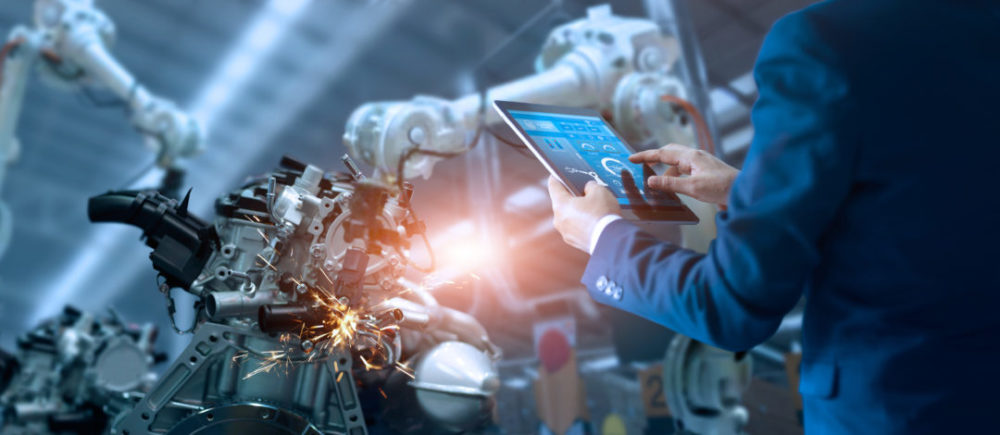KPMG has revealed the findings of its 2019 Technology Industry Innovation Survey, which includes responses from over 740 technology industry leaders across 12 countries.
The survey shows the technologies that are perceived as having the greatest potential to drive business transformation and long-term value in their companies over the next three years.
The top 10 transformational technologies for 2019, according to KPMG, are:
Number one: Internet of Things (IoT) — this was number one last year too.
Number two: robotic process automation (RPA, e.g. software bots) — last year it was number nine.
Number three: artificial intelligence, cognitive computing, machine learning — last year this was number two.
Number four and five (tied position): blockchain tied with robotics & automation (including autonomous vehicles).
Number six: augmented reality — last year’s number eight
Number seven: virtual reality — last year’s number four
Number eight: social networking, collaboration technologies — last year’s number five
Number nine: biotech, digital health, genetics — last year’s number six
Number ten: on-demand marketplace platforms
Further findings and analysis
The news of IoT maintaining its number one spot, in KPMG’s top ten transformational technologies, comes as no surprise considering how broad and far-reaching the technology is. From wearable health monitors to smart homes and cities, everything seems ‘connected’ these days. According to a recent IDC forecast, global IoT spending will reach $745 billion this year, and $1.2 trillion in 2022.
“This importance makes security even more imperative,” added a spokesperson from KPMG. “Failure to secure IoT devices and their connected ecosystem could prevent a company from delivering services, protecting sensitive data, or even keeping customers safe. Few companies know how to get started even though they recognise the need for a comprehensive IoT governance program.”
They added: “And even then, IoT governance does not follow an exact formula. The program should be malleable to the needs of an organisation and involve multiple functions including engineering, information technology, and operations.”
Perhaps the most significant thing in the report is that while many of the top ten technologies were essentially the same as last year, the order changed dramatically.
RPA: the key players, and what’s unique about them
Notably, RPA and blockchain both jumped up significantly in this year’s ranking. RPA made the most significant leap to the second most transformational technology, up from number nine last year – proving that technology companies are investing in software bots to help automate activities across their business.
Survey respondents believed the top benefits of RPA are increased profitability, 19%, improved business efficiencies, 16%, and increased market share, 15%. While the top challenges for RPA include technology complexity, 17%, unproven business cases, 16%, and legacy technologies, 12%.
Artificial intelligence fell one spot to number three, behind RPA and IoT in KPMG’s top transformational technologies. The top challenges for implementing AI are unproven business cases, 21%, technology complexity (17%) and regulatory compliance (15%).







